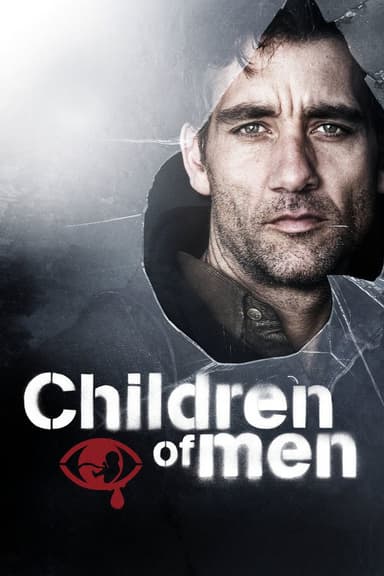
Beasts of No Nation
2015 • Drama, War • R
Based on the experiences of Agu, a child fighting in the civil war of a West African country. Follows Agu's journey as he's forced to join a group of soldiers. While he fears his commander and many of the men around him, his fledgling childhood has been brutally shattered by the war raging through his country, and he is at first torn between conflicting revulsion and fascination.
Runtime: 2h 17m
Why you should read the novel
Reading Uzodinma Iweala's novel 'Beasts of No Nation' offers a uniquely intimate insight into the mind of a child soldier, written in a powerful and haunting first-person narrative. The book delves deeply into Agu’s inner thoughts with a lyrical, fragmented voice that places the reader directly alongside his pain, confusion, and fleeting hopes, something the visual medium can only suggest. Such direct access to the protagonist’s psyche enables a more nuanced and empathetic engagement with the complexities of war, innocence, and survival.
In addition, the novel allows space for readers to interpret and reflect on Agu's experiences without the filter of cinematic stylization. The book's language and structure serve to immerse you in a psychological journey, giving details and inner conflicts that may be shortened or omitted in the film for the sake of pacing. These subtleties reward attentive reading and contemplation, broadening your understanding of the humanitarian crises affecting countless real children.
Furthermore, immersing yourself in the source text supports thoughtful literary engagement by encountering Iweala’s inventive use of language. His narrative choices challenge conventional storytelling and highlight the resilience of the human spirit in environments shaped by trauma. Ultimately, reading the novel offers a richer, lingering connection to the story’s themes and the universal longing for peace and belonging.
Adaptation differences
One of the key differences between the movie adaptation and the source novel is the narrative style. While the movie employs striking visuals and performance-driven storytelling, the book’s first-person narrative is written in a broken, poetic English that closely captures Agu’s mindset and cultural context. This literary approach immerses the reader in Agu’s perceptions—raw, confused, and deeply emotional—while the film, though expressive, translates much of this internal voice into visual cues and sparse dialogue, sometimes losing the immediacy of his thoughts.
The film adaptation further streamlines and modifies certain plot elements for dramatic pacing. Significant characters in Agu’s journey are amalgamated or omitted; for instance, the Commandant (portrayed by Idris Elba) becomes a more prominent and psychologically complex figure, while some of the layered relationships and group dynamics in the book are simplified. This leads to a more focused but less intricate portrayal of child soldier life compared to the broader scope found in the novel.
Scenes of violence and trauma in the movie are visually explicit, making an immediate impact but sometimes at the expense of nuance. The novel, on the other hand, approaches these topics through Agu’s limited understanding and often ambiguous descriptions. This literary ambiguity allows the horror to unsettle the reader’s imagination, leading to a different emotional experience than witnessing events unfold on-screen.
Finally, the endings diverge in their focus and resolution. The book concludes with Agu's future left uncertain, highlighting both despair and a glimmer of hope through his internal reflections. The film's ending, while still open-ended, delivers more visual closure and direct reassurance, perhaps to resonate with the audience’s desire for catharsis. Thus, while both mediums powerfully depict the scars of war, the book’s ambiguity and psychological depth offer a subtler, more contemplative conclusion.
Beasts of No Nation inspired from
Beasts of No Nation
by Uzodinma Iweala










